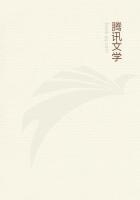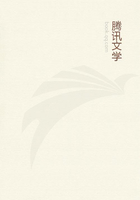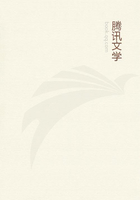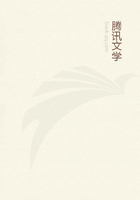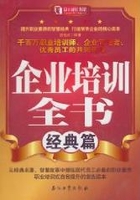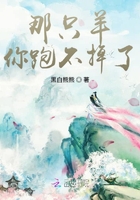The real name of PIERRE LOTI is LOUIS MARIE JULIEN VIAUD. He was born of Protestant parents, in the old city of Rochefort, on the 14th of January, 1850. In one of his pleasant volumes of autobiography, "Le Roman d'un Enfant," he has given a very pleasing account of his childhood, which was most tenderly cared for and surrounded with indulgences. At a very early age he began to develop that extreme sensitiveness to external influences which has distinguished him ever since. He was first taught at a school in Rochefort, but at the age of seventeen, being destined for the navy, he entered the great French naval school, Le Borda, and has gradually risen in his profession. His pseudonym is said to have had reference to his extreme shyness and reserve in early life, which made his comrades call him after "le Loti," an Indian flower which loves to blush unseen. He was never given to books or study (when he was received at the French Academy, he had the courage to say, "Loti ne sait pas lire"), and it was not until his thirtieth year that he was persuaded to write down and publish certain curious experiences at Constantinople, in "Aziyade," a book which, like so many of Loti's, seems half a romance, half an autobiography. He proceeded to the South Seas, and, on leaving Tahiti, published the Polynesian idyl, originally called "Raharu," which was reprinted as "Le Mariage de Loti" (1880), and which first introduced to the wider public an author of remarkable originality and charm.
Loti now became extremely prolific, and in a succession of volumes chronicled old exotic memories or manipulated the journal of new travels. "Le Roman d'un Spahi," a record of the melancholy adventures of a soldier in Senegambia, belongs to 1881. In 1882 Loti issued a collection of short studies under the general title of "Fleurs d'Ennui." In 1883 he achieved the widest celebrity, for not only did he publish "Mon Frere Yves," a novel describing the life of a French bluejacket in all parts of the world--perhaps, on the whole, to this day his most characteristic production--but he was involved in a public discussion in a manner which did him great credit. While taking part as a naval officer in the Tonquin war, Loti had exposed in a Parisian newspaper a series of scandals which succeeded on the capture of Hue, and, being recalled, he was now suspended from the service for more than a year. He continued for some time nearly silent, but in 1886, he published a novel of life among the Breton fisher-folk, entitled "Pecheurs d'Islande"; this has been the most popular of all his writings. In 1887 he brought out a volume of extraordinary merit, which has never received the attention it deserves; this is "Propos d'Exil," a series of short studies of exotic places, in Loti's peculiar semi-autobiographic style. The fantastic romance of Japanese manners, "Madame Chrysantheme," belongs to the same year. Passing over one or two slighter productions, we come to 1890, to "Au Maroc," the record of a journey to Fez in company with a French embassy. Acollection of strangely confidential and sentimental reminiscences, called "Le Livre de la Pitie et de la Mort," belongs to 1891. Loti was on board his ship at the port of Algiers when news was brought to him of his election, on the 21st of May, 1891, to the French Academy.
Since he has become an Immortal the literary activity of Pierre Loti has somewhat declined. In 1892 he published "Fantome d'Orient,"another dreamy study of life in Constantinople, a sort of continuation of "Aziyade." He has described a visit to the Holy Land in three volumes, "Le Desert," "Jerusalem," "La Galilee" (1895-96), and he has written one novel, "Ramentcho" (1897), a story of manners in the Basque province, which is quite on a level with his best work. In 1898he collected his later essays as "Figures et Choses qui passaient." In 1899-1900 Loti visited British India, and in the autumn of the latter year China; and he has described what he saw there, after the seige, in a charming volume, "Derniers Jours de Pekin," 1902.
E. G.


